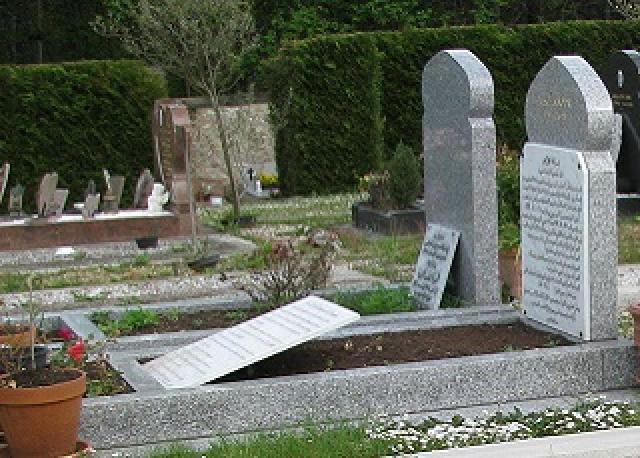Pillars of education.
Gerardo A. Herrera Pérez.
Reading Yuval Noah Harari’s book, “21 Lessons for the 21st Century”, he expresses that no one knows what the world will be like in 2050 and less in 2100, and they can be strong questions, but the answers are soft or weak, or there simply aren’t yet. And it is that we are in a technological revolution, which will surely allow us to modify bodies, brains and, because not also minds, unstable and ephemeral liquid values will continue, little will be stable; I dedicate these reflective lines to my friend Mario López, who is already resting in Peace today, he worked on an educational model of sharing and “learning to be”, he was ahead of his times; Always inclusive and respectful of differences, he managed to position himself as a visual artist, sculptor, historian, poet and inventor.
One of the commitments of humanity and that we must accompany, is to define the educational model that we will have to promote in the curricular networks of basic education for 2050 and 2100.
An answer can be found in the text “Education, contains a treasure”, a UNESCO report from the International Commission on Education for the 21st Century, chaired by Jacques Delor. The Commission found that education must transmit massively and efficiently, an increasing volume of evolutionary theoretical and technical knowledge, adapted to cognitive civilization, because they are the basis of the skills of the future. But at the same time, it must provide guidance so as not to be submerged by the more or less ephemeral tons of information that invade public and private spaces and keep the course in individual and collective development projects. Hence, education must provide the line to build new paradigms.
Education must form four types of learning: learn to know, learn to do, learn to live together and learn to be, all of them converge in a single line, life, but among the four there are contacts, coincidence and exchange.
Each of the pillars of knowledge must receive equivalent attention so that education is for the human being, as a person and as a member of society, a global experience that lasts a lifetime on the cognitive and lifelong levels. practical. The education of the XXI century should lead each person to discover, awaken and increase their creative possibilities, thus updating the hidden treasure in each one of the people, which means transcending from an obligation to a function in all its fullness, namely, the realization of the whole person, learning to be. Let’s look at the four pillars.
Learning to know, education has two purposes as a means and as an end, as a means, that each person learns the world that surrounds him, at least enough to live with dignity, develop his professional skills and communicate with others. But also as an end, the pleasure of knowing, of discovering, different things, but that are in their midst. You must learn to know things and people, who are the other, their otherness. He must know the same about the concrete as the abstract.
Learning to do, constitutes the professional training of a person, how to teach the student to put their knowledge into practice and, at the same time, how to adapt the teaching to the future labor market, whose evolution is not entirely predictable, how to influence their own environment.
Learn to live together, first make the sameness find its otherness, which by the way, may or may not be human, could be a living being, plant or animal, or, in an exercise of spirituality, respect for air, water, and the earth, in the light. But also learning to live together means in a second moment and throughout life the participation in common projects; the social, individual and political participation for the resolution of conflicts, to achieve the culture of Peace from making otherness, tolerance, interaction, interculturality, intersectionality.
Learning to be is a fundamental principle, education must contribute to the global development of each person, their body, mind, intelligence, sensitivity, aesthetic sense, individual and spiritual responsibility to understand non-human otherness, and from then that which gives meaning to life: water, earth, light, air. We need to work on a pedagogy for life, an eco-pedagogy, that amalgamates ecoethics, and ecoformation, that allows society to advance in a model of sustainable integral development where all living beings are considered and nature is respected.
We need to see education in a holistic context, where all knowledge is complementary because they are interconnected, where colonization and Eurocentric processes are left aside as only valid, when we have our own epistemologies as expressed by Boaventura de Sousa Santos. Let us then work on decolonizing knowledge and reinventing power.
–

